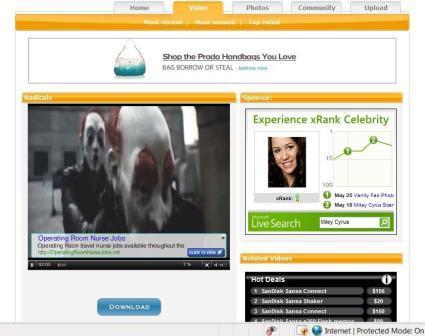Los Angeles, CA – Attorneys for Solid Host filed a cyberpiracy, 15 U.S.C. § 1125(d), and computer fraud and abuse act, 18 U.S.C. § 1030, complaint at the Federal District Court in Los Angeles over alleged hijacking of its solidhost.com domain name. Ironically, Solid Host is a webhosting service that provides server space to its clients and hosts their websites in addition to the clients’ email servers. Plaintiff registered the solidhost.com domain name in 2004 and has continuously used it, without any interest in abandoning it.
 The complaint alleges that on August 4, 2008, due to a security breach at Solid Host’s registrar, eNom, its account was compromised and an unidentified hacker, sued as John Doe, gained access to Solid Host’s account and stole the domain. The hacker allegedly then created his own webpage and offered to sell the domain back to Plaintiff and other parties. Whois Guard is also named as a defendant because it provides private registration of domain names and safeguards the registrant’s identity.
The complaint alleges that on August 4, 2008, due to a security breach at Solid Host’s registrar, eNom, its account was compromised and an unidentified hacker, sued as John Doe, gained access to Solid Host’s account and stole the domain. The hacker allegedly then created his own webpage and offered to sell the domain back to Plaintiff and other parties. Whois Guard is also named as a defendant because it provides private registration of domain names and safeguards the registrant’s identity.
When Plaintiff discovered the transfer of the domain name, it demanded that the registrar Demand Media, owner of eNom, return the registration to Plaintiff. When the registrar allegedly refused to do so without a court order, Plaintiff named it as a co-defendant in the instant lawsuit because it was negligent in allowing the security breach and not providing notice to the Plaintiff of the pending transfer. Unfortunately for Plaintiff, the alleged hacker now also has full control of Plaintiff’s email accounts. The case is titled Solid Host, NL v. NameCheap, et al., CV08-05414 MMM (C.D. Cal. 2008).
 Los Angeles Intellectual Property Trademark Attorney Blog
Los Angeles Intellectual Property Trademark Attorney Blog




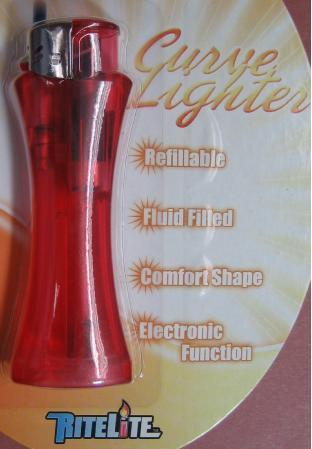

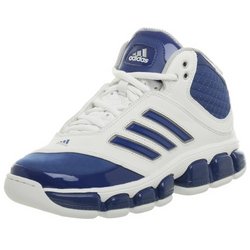
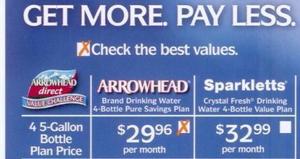
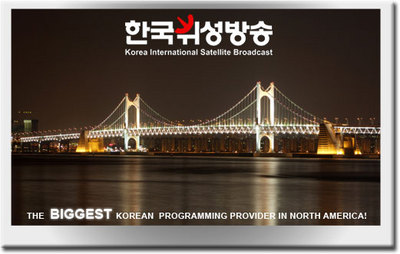

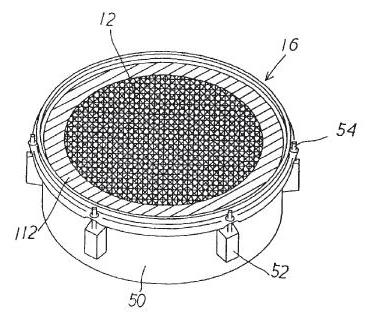 The ‘538 patent generally relates to a drum having a net-like surface, which allows better elasticity and percussion. It also allows for better detection of percussion as electrical signals and generates musical tone based on the detected electrical signals. Plaintiff alleges that the Defendant’s “infringing activities has caused and will cause Roland irreparable harm from which it has no adequate remedy at law.” Thus, in addition to monetary damages, Roland seeks preliminary and permanent injunctions. The case is titled Roland Corporation v. Wirges Percussion Systems, LLC, CV 08-04785 GAF (C.D. Cal. 2008).
The ‘538 patent generally relates to a drum having a net-like surface, which allows better elasticity and percussion. It also allows for better detection of percussion as electrical signals and generates musical tone based on the detected electrical signals. Plaintiff alleges that the Defendant’s “infringing activities has caused and will cause Roland irreparable harm from which it has no adequate remedy at law.” Thus, in addition to monetary damages, Roland seeks preliminary and permanent injunctions. The case is titled Roland Corporation v. Wirges Percussion Systems, LLC, CV 08-04785 GAF (C.D. Cal. 2008).